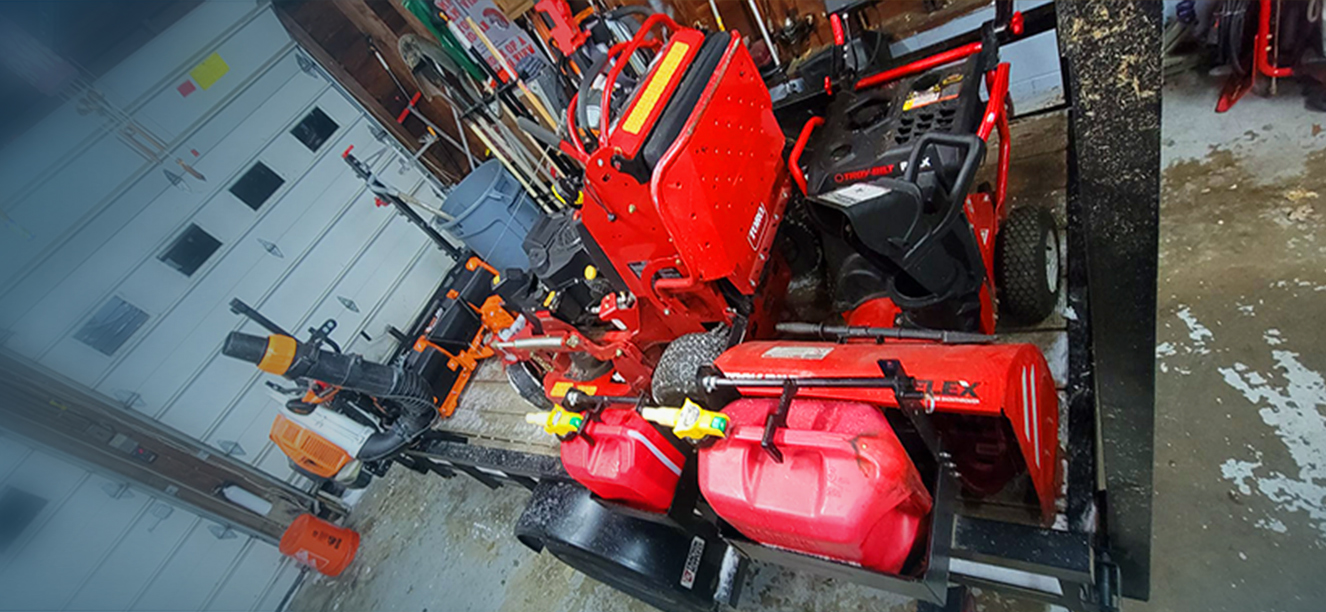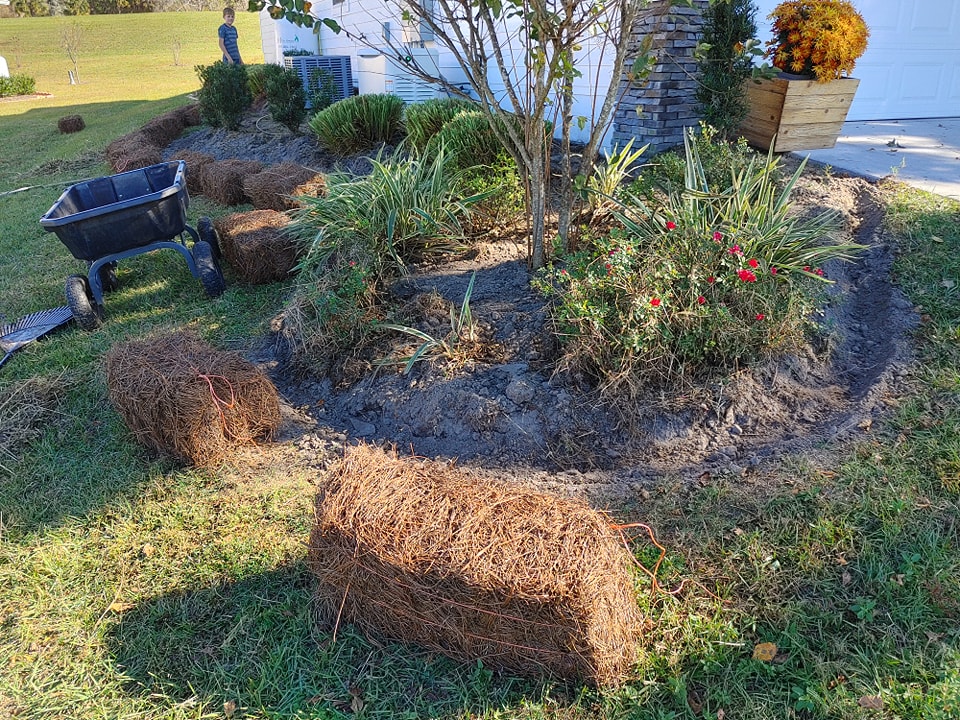Can you repossess a landscaping project?
What do you do when a client refuses to pay for a project?
Can you repossess the material, or destroy the work you have done?
And more importantly perhaps, how do you avoid non-payment, to begin with?
Let’s take a look and see if you can repossess a landscape project if your client refuses to pay.
Here is what you need to know.
.png)
Can I Repossess A Landscaping Project?
So you have put in the hard work and gotten your lawn care business started. But you run across a client who will not pay for your services.
Can you repossess your hard work?
In most instances no, it is not a good idea. However, there are some instances where you can repossess a landscaping project.
Mostly this depends on the circumstances and the terms of the contract.
If a Client Put a Deposit Down
In my experience, I personally always collect a deposit of about 50% for the project to cover material costs. Here’s the catch though, doing so, limits my ability to repossess a landscape project.
For example, let’s say you install a walkway with pavers. And your client put down 30%.
You would not be able to repossess the pavers in the event of non-payment.
“A landscaper cannot legally repossess materials from a non-paying client, especially when the client has already made partial payment.” -David Reischer, CEO of LegalAdvice.com
On the other hand, there may be specific terms in a contract that says you can...

Contract-Specific Exemptions
There are limited contract-specific exemptions where you may be able to repossess a landscape project legally.
For example, Special Touch Landscaping’s terms of service include a clause that states “All work and materials installed is the property of Special Touch Landscaping and is subject to repossession until the balance is paid in full.”
Your ability to repossess materials and labor will likely vary as much state by state; as much as it will vary from project to project. There are ALOT of grey areas when it comes to repossession of materials.
For one, if you are trespassed from your client's property, you may not be able to repossess the material without a court order. Even if it’s in the terms of the contract.
And no matter what, you CAN NOT damage your client's property.
What if the client doesn’t put a down payment down?
So if a client hasn’t put a down payment down. You may be able to repossess a landscape. But it is risky!
Reischer says a landscaper may be permitted to repossess materials in some circumstances for example ”If the client has indicated that he intends to anticipatorily breach the contract or revokes his intent to enter into a contract then the landscaper may be able to repossess his property using self-help…”.
But again, you do not want to damage your client's property or trespass.
My opinion is, it is best to avoid the need to repossess, to begin with.
.png)
How to Prevent Non-Payment
Look, rather than focusing on repossession. It is best to prevent the need to do so, to begin with.
There are a few ways to prevent a non-paying client:
Collecting a deposit,
Finishing the project on time,
Good communication,
Avoiding problematic clients.
Chief among these in my experience is collecting a deposit. Then at the very least, you won't lose money on the material.
However, communication is important too. When you communicate clearly with your client, they are less likely to be dissatisfied with the project. Further, you will be able to work with them better if an issue occurs, such as them facing money troubles.
Finally, early communication with clients can show you indications that maybe this client is someone you ought not to deal with. And if that is the case, sometimes it's better to refuse a job than regret it later.
Pro Tip! While identifying problematic clients may only come with experience. The better you learn to communicate, the more easily you can spot clients who will be an issue and refuse to work with them.
.png)
What To Do if Your Client Does not Pay
So, what if a client doesn’t pay?
Well, as stated earlier, you may be able to repossess the property. But it's risky.
Let’s say you have tried for months to get your client to pay, and they simply refuse. It may be time to go to court, where you can either get a court order for the repossession of the project. Or get a lien on your client's house.
In my experience, a mechanic’s lien against your clients property is the way to go. With a lien, you can ensure that someday, you will get paid.
As Beyonce said, “If you don’t pay me, I’m gonna put a lien on it” or something like that.
Repossessing a Landscaping Project At the End of the Day
Look, at the end of the day, there are limited circumstances where you can repossess a landscape project. But you need to be careful.
Fortunately, however, there are plenty of ways to prevent non-payment from a client, and plenty of remedies after the fact other than repossession. At the end of the day, you will need to think long and hard before repossessing a landscape project. There may be times where it is the best course of action for your company. But in general, repossession of a landscape project should be off the table.
Looking to improve your lawn care route? Check out this guide of the best lawn care route-planning applications.
Powered by Froala Editor



















